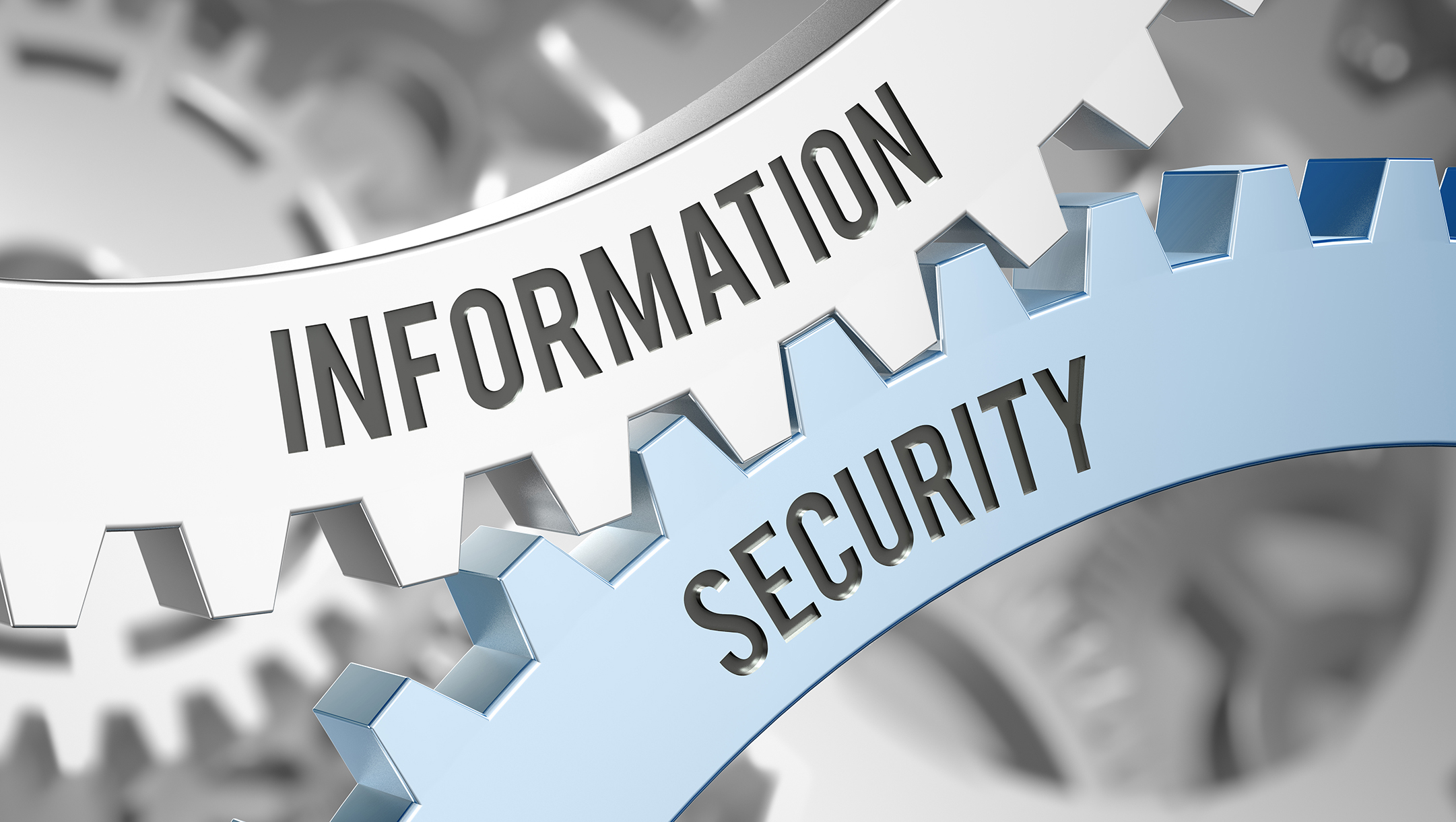Cybersecurity is on the minds of most corporations. From top down, there’s a need to protect company secrets, employee and customer personal identification, and financial management access. Yet, it often seems like this is a job for the IT team, not the administrative assistant.
While you do have your own long list of tasks, there are some factors that you should do as an administrative assistant to ensure you’re supporting your organization’s cybersecurity risk mitigation efforts.
Recognizing the Increasing Risk
Across the board, our companies are becoming more agile, accessible, and cloud-based. That streamlines business enables remote working and can help move people, money, and products faster. It also opens the door for enhanced risk.
A report from Apple found that from 2022 to 2023, there was a 20% increase in the number of data breaches occurring, leading to twice as many victims suffering sensitive information losses. Ransomware is a process in which cyber thieves capture access to company accounts and hold them for ransom, virtually slamming the door closed on a business and putting incredible data at risk.
As an administrative assistant, it is your job to understand the risks out there. The global financial impact on such attacks is incredible, and could lead to the shuttering of corporations within a short amount of time if they are unprepared.
That’s a lot to feel threatened about, but in the real world, day-to-day aspect of your job, what is your role? What should you be doing to mitigate these risks?
Know How to Spot Threats
A good starting point is to know what to monitor for over time that could indicate a data breach or other threat is occurring. Fast action often prevents the worst outcomes. Consider these aspects:
- Adware is a common type of malicious software that contains advertising material when browsing the web. Avoid clicking on it.
- Hardware theft occurs when components your business uses every day, like phones, tablets, and laptops go missing.
- Emails and social media risks occur when someone sends links or attachments that are unwanted or unrequested. They should never be opened. Phishing emails are also problematic.
- Webcam are not just a movie scare tactic. It is possible for internal cameras and webcams to be accessed, giving those who break into them views of what is occurring.
Know How to Minimize the Risks
Administrative assistants can also work closely with their IT team to ensure they are doing all that can be done to minimize these risks.
Password management
A crucial type of cybersecure skill to master is password management. Creating strong passwords that must be changed every month is often very beneficial. Avoid using predictable words and birth dates since this is easy enough to break into by would-be thieves.
Avoid bypassing security
It’s certainly annoying when you cannot access a website with the information you need because of firewalls. Yet, it is critical to realize the value behind security. Work with your IT team to ensure there’s ample protection but not over-protection if it interferes with your ability to do your job.
Protect data
Most IT departments can install tools to help protect and limit access to sensitive and confidential data, such as patient information, company financial reports, and contracts.
Set up software that prevents changes or access to this information from being made available to anyone without specifically given privileges. Encryption is also a strong strategy for protecting data, especially when you are using cloud storage or sharing data with multiple people. Set up encrypted email and VPN as ways to send and receive data safely.
Keep software up to date
Your cybersecurity software is only effective when it is up to date. If it is older or you have not run a scan in some time, that directly impacts its ability to meet specific threats right now.
Keep your operating system, antivirus software, and applications up to date. Security patches can help minimize and prevent cyberattacks, and the technology providers also want to minimize theft.
Know Your Role and Speak Up
Cybersecurity is a problem for every organization member. As an administrative assistant, know your role. Ensure your management team has discussed and trained staff on their roles. If your team is not up to date or there have been concerns about people not following protocol, speak up. It could help to protect your company’s health in the long term.
